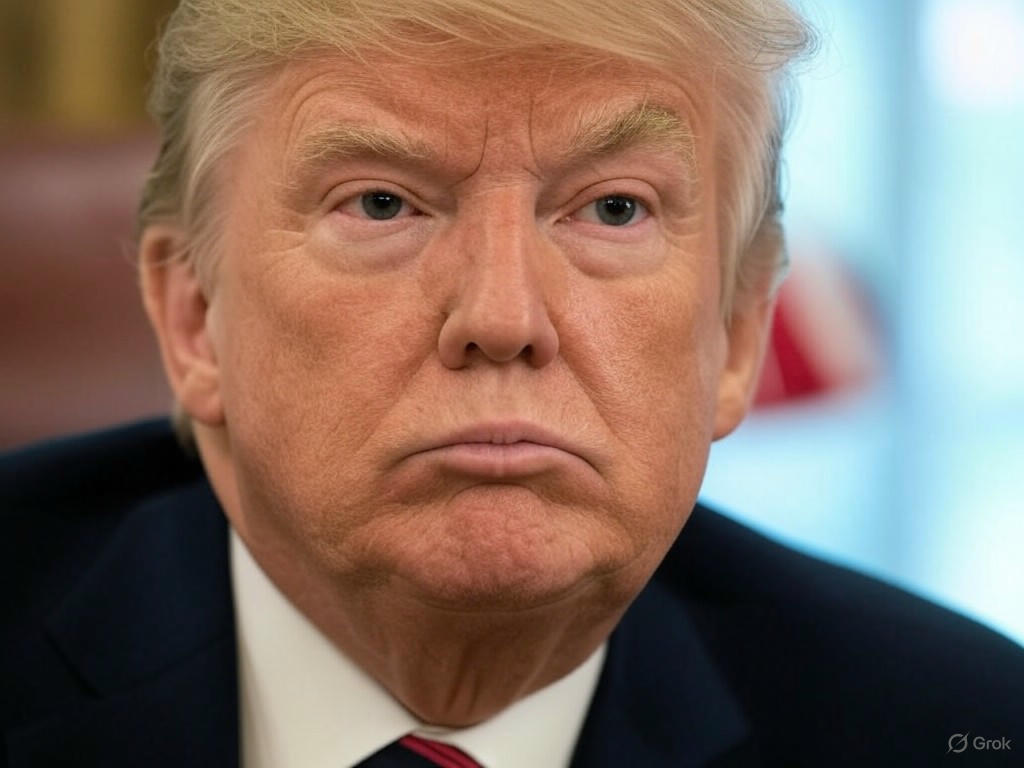White House Targets Columbia University’s Accreditation Over Alleged Discrimination
In a surprising move, the Trump administration has set its sights on Columbia University, one of the nation’s most prestigious Ivy League institutions. The White House recently announced its intention to challenge the university’s accreditation, citing alleged violations of anti-discrimination laws. This unprecedented step could have far-reaching consequences for the institution, potentially cutting off access to vital federal funding and tarnishing its reputation in the academic world.
The administration claims that Columbia has failed to uphold federal standards designed to protect students from discrimination based on race, religion, or other protected categories. While specific details of the alleged violations remain undisclosed, officials argue that the university’s policies and practices have not adequately addressed systemic issues on campus. This accusation has sparked a heated debate about the role of government oversight in higher education and whether such drastic measures are warranted. Critics of the administration suggest that this move may be politically motivated, pointing to a broader agenda to exert control over academic institutions perceived as liberal strongholds. On the other hand, supporters argue that holding universities accountable for ensuring fair treatment of all students is long overdue.
Columbia University, located in the heart of New York City, has long been a symbol of academic excellence and progressive thought. With a history dating back to 1754, it has produced countless leaders in politics, science, and the arts. The potential loss of accreditation would not only impact current students and faculty but could also deter future applicants, shaking the foundation of an institution that has stood for centuries. Federal funding, which supports research grants, student loans, and other programs, is often a lifeline for universities. Without it, Columbia could face significant financial strain, forcing cutbacks in critical areas.
The university has yet to issue a detailed response to the administration’s claims, though early statements indicate a commitment to defending its policies and reputation. Legal experts predict a lengthy battle ahead, as stripping accreditation is a complex process involving multiple regulatory bodies. Beyond the immediate implications for Columbia, this situation raises broader questions about the balance between institutional autonomy and government intervention. Should universities be subject to such stringent oversight, or does this risk stifling academic freedom? The outcome of this conflict could set a precedent for how other institutions are treated in the future, potentially reshaping the landscape of American higher education.
As this story unfolds, the nation watches closely. The clash between the Trump administration and Columbia University underscores deeper tensions in society about fairness, accountability, and the role of education in shaping the future. Whether this is a genuine push for justice or a political maneuver remains to be seen. One thing is certain: the stakes are high, and the ramifications of this decision could echo for years to come, influencing not just Columbia but the entire academic community.


